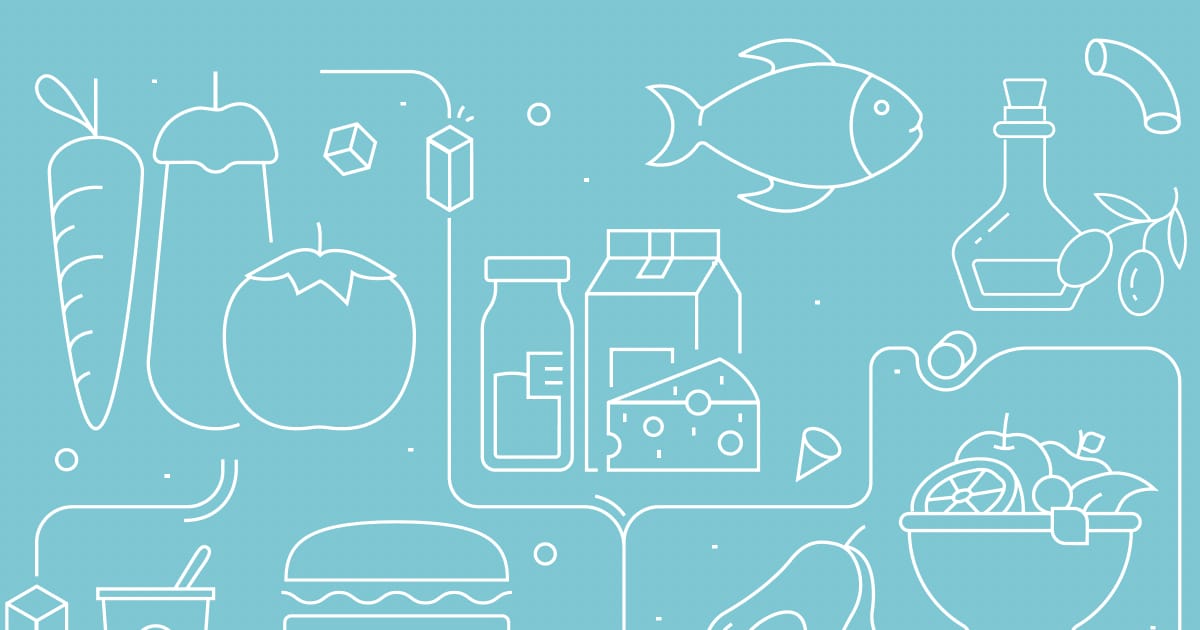
Norway has a goal of reducing the amount of edible food waste by 50 percent from 2015 to 2030. The starting point for the work in the Food Waste Committee ("the committee") has been that, despite a lot of good work being done in many sectors, businesses, and by individuals, this goal will not be achieved.
On this background, the committee has prioritized proposing measures that, collectively, could contribute to Norway reaching the overall goal in the remaining six years until 2030. The suggestions from the committee include both reinforcing and adapting existing measures, as well as introducing new policy instruments and measures that will have effects throughout the value chain, including consumer involvement.
With little time left until 2030, there is urgency in implementing new policy instruments and measures that can help achieve the goal. Consequently, the committee has had to prioritize between what will have an effect in the short and medium term and what may have an impact over a much longer period of time.
The committee's main proposal involves the introduction of a legal due diligence requirement, combined with a strengthening of the existing Industry Agreement on Food Waste Reduction ("industry agreement"). This will apply to both private and public enterprises and will, for example, require that they conduct risk assessments and implement tailored measures to avoid food waste within their own operations and across their value chain, including consumers when relevant.
It is the view of the committee that this approach has the potential to be cost-effective and target all actors in the food sector in an appropriate manner. Additionally, the committee suggests other regulatory requirements related to food donations and pricing reductions in grocery stores.